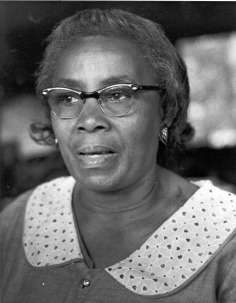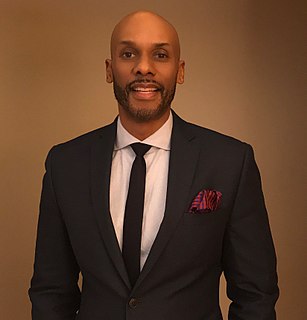A Quote by David Graeber
Revolutionary constituencies always involve a tacit alliance between the least alienated and the most oppressed.
Related Quotes
The classic trap for any revolutionary is always, “What's your alternative?” But even if you could provide the interrogator with a blueprint, this does not mean he would use it: in most cases he is not sincere in wanting to know. In fact this is a common offensive, a technique to reflect revolutionary anger and turn it against itself. Moreover, the oppressed have no job to convince all people. All they need know is that the present system is destroying them.
People have learned by bitter experience that the "European fraternal union of peoples" cannot be achieved by mere phrases and pious wishes, but only by profound revolutions and bloody struggles; they have learned that the question is not that of a fraternal union of all European peoples under a single republican flag, but of an alliance of the revolutionary peoples against the counter-revolutionary peoples, an alliance which comes into being not on paper, but only on the battlefield.
During the lifetime of great revolutionaries, the oppressing classes constantly hounded them, received their theories with the most savage malice, the most furious hatred and the most unscrupulous campaigns of lies and slander. After their death, attempts are made to convert them into harmless icons, to canonize them, so to say, and to hallow their names to a certain extent for the “consolation” of the oppressed classes and with the object of duping the latter, while at the same time robbing the revolutionary theory of its substance, blunting its revolutionary edge and vulgarizing it.
Following one of the most violent conflicts in human history, the United States and Japan built a deep and abiding friendship - an alliance that has underwritten unprecedented economic growth and security in the Asia Pacific for half a century. It is an alliance based on mutual interests and shared values and the ties between our people.
I think during the Cold War in America at least, there was a division; there was the Soviet government and there were the oppressed people, who were not represented by this government. That was a massive oversimplification of what the true situation was there. There were certainly many people who were completely and fully alienated from the government.
There also exists another alliance - at first glance a strange one, a surprising one - but if you think about it, in fact, one which is well grounded and easy to understand. This is the alliance between our Communist leaders and your capitalists. This alliance is not new. ... We observe continuous and steady support by the businessmen of the West of the Soviet Communist leaders.
Revolutionary politics, revolutionary art, and oh, the revolutionary mind, is the dullest thing on earth. When we open a revolutionary review, or read a revolutionary speech, we yawn our heads off. It is true, there is nothing else. Everything is correctly, monotonously, dishearteningly revolutionary. What a stupid word! What a stale fuss!






































